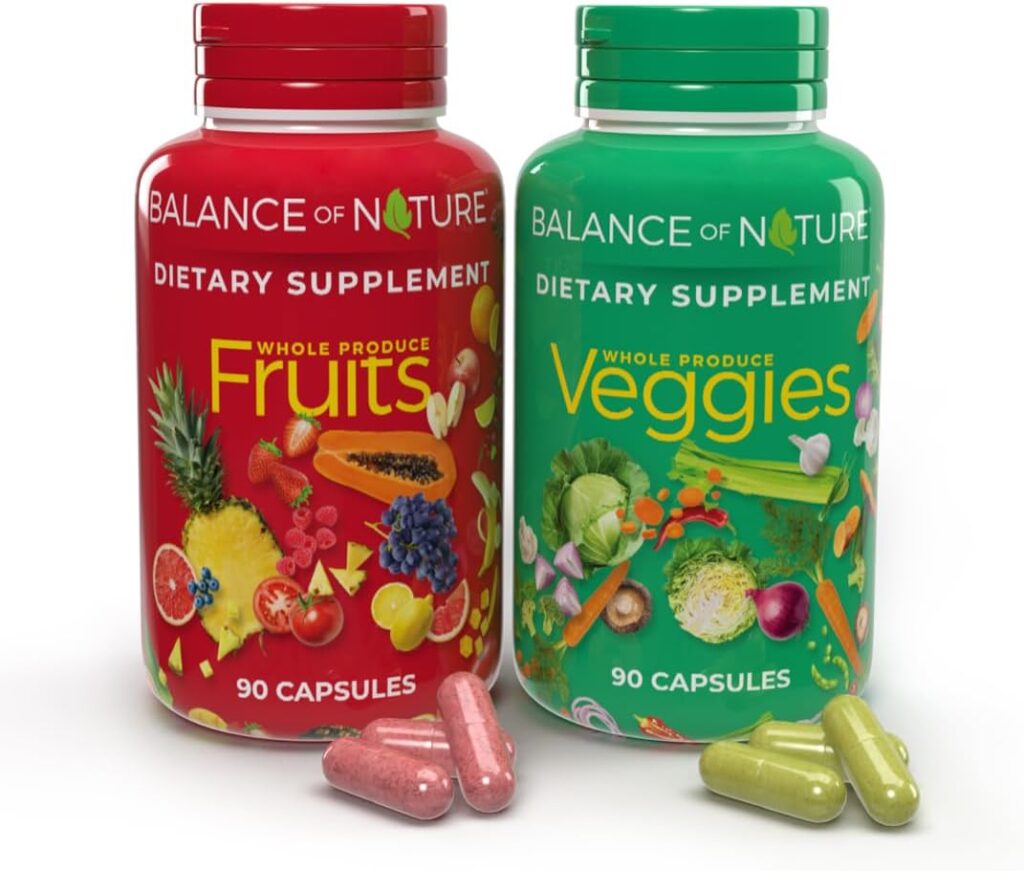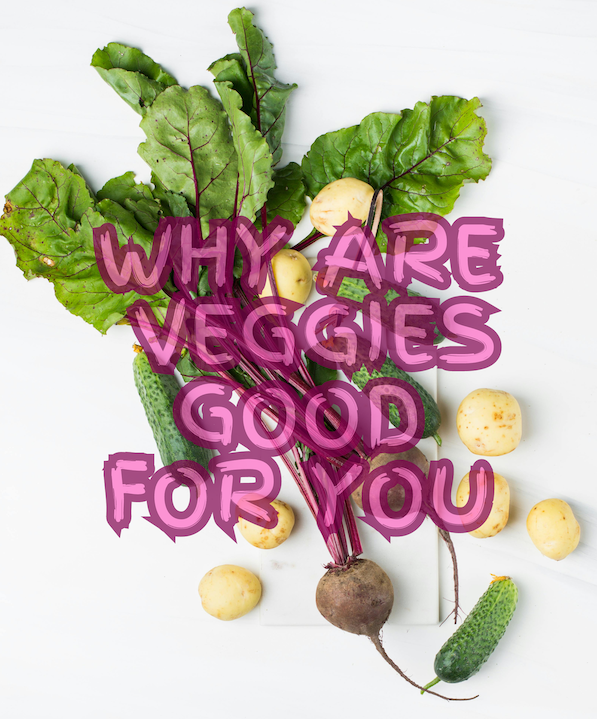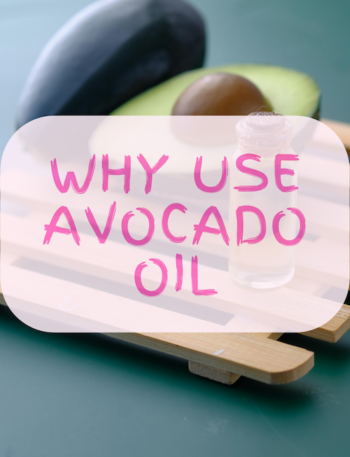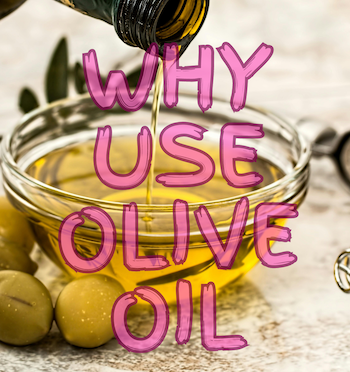This might be one of those questions that just seem like their answer is too obvious, but maybe when you think about it you might not have the precise answer for. In this post we’ll explain why are veggies good for you so that you can have a solid reference of why veggies are such a staple in most cultures and why we use it in so many of our recipes and other guides.
We’ve put together this simple guide to help answer some of the most frequently asked questions about vegetables and some of its main benefits.
Let’s go…
Table of content
What are vegetables?
Yes, this might seem like an extremely basic question to answer, but we wanted to make sure to get the actual definition before we go into veggies main benefits.
According to credible sources, vegetable is a broad term that refers to the edible parts of plants, which are usually their leaves, roots, fruits, or seeds. Vegetables are a staple food across the world and are a fundamental part of modern agriculture.
Vegetables are full of essential vitamins, minerals, and antioxidants that provide many important health benefits to your body.
With this brief definition out of the day, let’s move on to the main benefits of veggies.
Provides cancer and heart disease protection
There’s vast evidence that a produce-rich diet can lower risk of heart attacks and stroke. Phytochemicals, which are compounds found in plant foods, can also help protect against chronic diseases such as cancer.
A 2021 study found that people who ate five servings of fruit and vegetables daily had a 12 percent lower risk of death from cardiovascular disease and 10 percent lower risk of dying from cancer.
Green leafy vegetables also contain vitamin K, which is believed to prevent calcium from building up in your arteries. This can lower your risk of arterial damage and help prevent many heart health complications in the future.
Helps with digestive health
Vegetables are a good source of dietary fiber, a type of carbohydrate that helps pass food through your digestive system. Studies show that fiber may also improve vitamin and mineral absorption in the body, which could potentially raise your daily energy levels.
The fiber in fruits and vegetables help bolster the immune system. Fiber-rich plants support the microbiome – microorganisms that are important to gut health and immune function. Undigestible fiber passes through the digestive system and also helps prevent constipation and reduces risk of diverticulosis.
Diabetes control
Vegetables are particularly high in fiber, which is needed for optimal digestion. They have a low glycemic index, so your blood sugar won’t rise quickly after a meal.
The American Diabetes Association recommends at least 3 to 5 servings per day of non-starchy vegetables like broccoli, carrots, or cauliflower.
A relatively recent large study found that a diet rich in fruits and vegetables reduced the risk of developing Type 2 diabetes by 50 percent.
Bone density
Fruits and vegetables play an important role in building bone density and protecting against diseases such as osteoporosis. Fruits and veggies are good sources of vitamins C, K and A, as well as magnesium, potassium and carotenoids – all of which promote healthy bones.
This might be an overlooked benefit of veggies given that it is one that is usually given to other foods, but vegetables definitely play a big part in helping to keep the bones structure strong and healthy.
Helps with eye health
Minerals and vitamins in fruits and vegetables help promote healthy eyes. Red berries, kiwi, bell peppers, leafy vegetables, broccoli, tomatoes, carrots and sweet potatoes are among those with properties that help prevent eye diseases.
A carotenoid called lutein, found in many colorful fruits and vegetables, can improve or prevent age-related macular degeneration, the leading cause of blindness.
Veggies are a perfect complement
Vegetables are low in fat and protein thus they are a perfect complement to animal protein foods. Make vegetables the centerpiece of your meals and let the other food groups accompany them.
For many families, this may be a switch of mindset from meat and potatoes to potatoes and meat. The animal food is more of a garnish, adding flavor and nutrition to the medley of vegetables and grains. Stir-fry is a good example. Even better would be a combination of fish and vegetables.
If you aren’t ready to relegate steak and meatloaf to second place, at least make vegetables equal stars in the meal.
Vegetables are a great dieter’s partner
Vegetables get top billing on any diet because most are “free foods,” meaning you can eat an unlimited amount.
Why this lean indulgence? Because of a neat little biochemical quirk that only veggies enjoy: the body uses almost as many calories to digest vegetables as there are in vegetables in the first place.
You’ll use up most of the 26 calories in a tomato just chewing, swallowing, and digesting it.
Could you recommend a supplement?
We would HIGHLY recommend you eating organic vegetables obtained from a reputable source, farmers market or even growing it by yourself if at all possible.
However, if for whatever reason you feel like getting the nutrients from a supplement given the benefits that you just saw that you could obtain from veggies, here’s one that we can recommend that many people say has given them good results.

Whole Food Supplement with Superfood Fruits and Vegetables
Balance of Nature Veggies is made with broccoli, cabbage, carrot, cauliflower, cayenne pepper, and more.
Fruits & Veggies are gluten-free, non-GMO, keto-friendly, and vegan; they are also free from added sugars, fillers, and synthetics
Affiliate Disclosure
This post may contain affiliate links, i.e., when you buy any product using these links, we get commissions. However, it doesn’t cost you anything extra. If you do purchase any product using the given links, we thank you in advance!
Related posts and recipes
We have a large number of posts and recipes where we make use of veggies because of the great benefits that you saw above.
However, here are only a few of our posts and recipes where veggies are used:
- Easy air fryer broccoli
- Mediterranean veggie scrambled eggs
- Healthy eating tips
- Tips to avoid eating sugar
You can explore our recipes and get some more ideas of when and why use vegetables.
If you have any questions or comments, make sure to reach out to us or leave us a comment down below.
Thank you for reading us!





